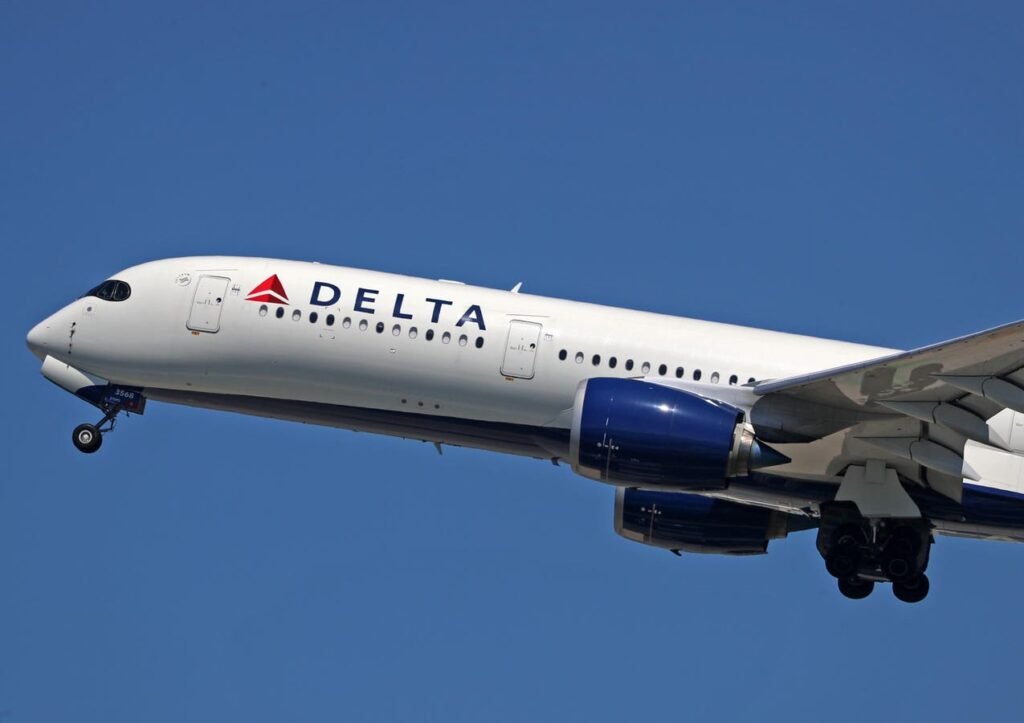Delta (NYSE: DAL) recently reported its Q2 results, with revenues and earnings exceeding estimates. The company reported adjusted revenue of $15.45 billion and earnings of $2.36 per share, compared to estimates of $15.45 billion and $2.32, respectively. Despite this positive news, the stock has shown inconsistent gains over the past few years, underperforming the S&P 500 index in 2021 and 2023. The Trefis High Quality Portfolio, on the other hand, has consistently outperformed the benchmark index, suggesting that a portfolio approach may provide better returns with less risk.
In the current uncertain macroeconomic environment with high oil prices and elevated interest rates, investors wonder whether Delta could face a similar situation of underperformance in the coming months. However, from a valuation perspective, DAL stock appears to have room for growth. Trefis estimates Delta’s valuation to be $54 per share, reflecting over 15% upside from its current levels of $46. This forecast is based on an estimated P/E multiple for DAL and expected earnings for the full year 2024.
Delta’s Q2 revenue of $15.45 billion (adjusted) was up 5% year-over-year, driven by an 8% rise in total available seat miles. However, passenger revenue per available seat mile was down 3% due to lower yield and a decline in load factor. The company’s adjusted operating margin contracted to 14.7% from 17.1% in the prior year quarter, primarily due to higher fuel expenses, which surged 12% year-over-year to $2.8 billion. Despite this, Delta’s bottom line stood at $2.36 on an adjusted basis, compared to $2.68 in the prior-year quarter.
Looking ahead to Q3, Delta expects revenues to increase between 2% and 4%, with earnings per share projected to be in the range of $1.70 and $2.00. This forecast is slightly lower than consensus estimates, but overall, Delta performed well in Q2 with upbeat earnings. Despite the bleak guidance for the current quarter, analysts believe that DAL stock has more room for growth, especially after seeing a 6% rise in a week.
While Delta shows potential for growth, it is important to also consider how the company’s peers are performing on key metrics. By comparing Delta Air Lines to its peers in the industry, investors can gain valuable insights into the company’s performance and prospects. Overall, Delta’s recent results, strong valuation, and potential for growth indicate that the company may be well-positioned for continued success in the coming months.

